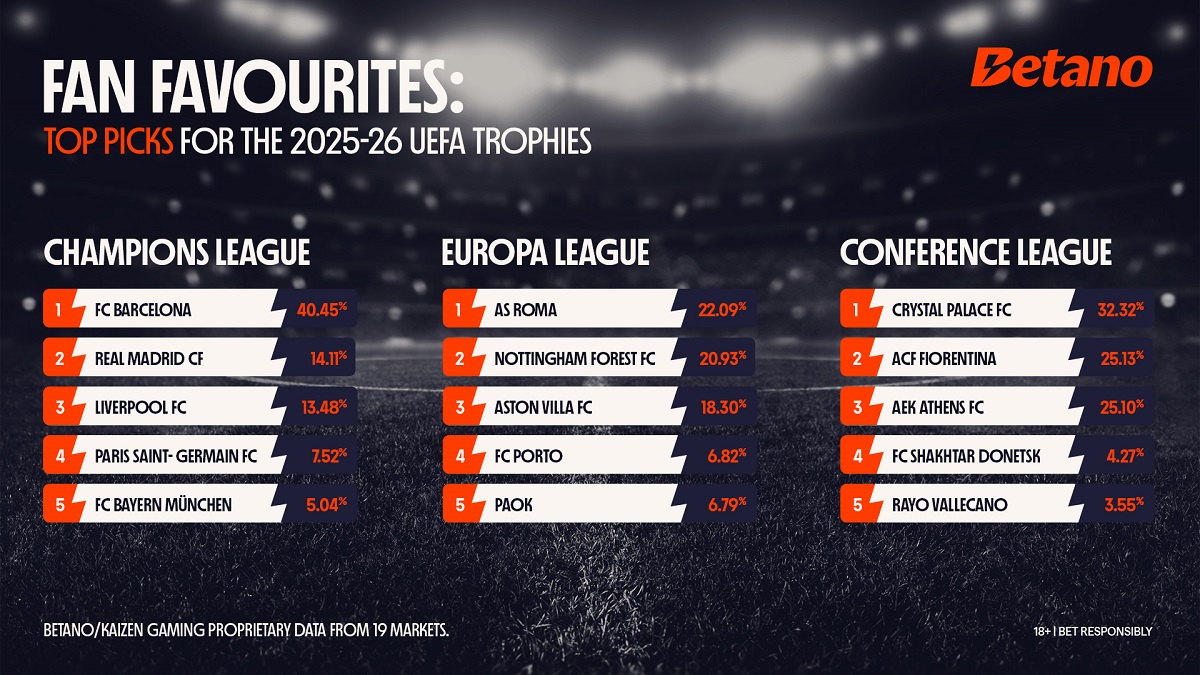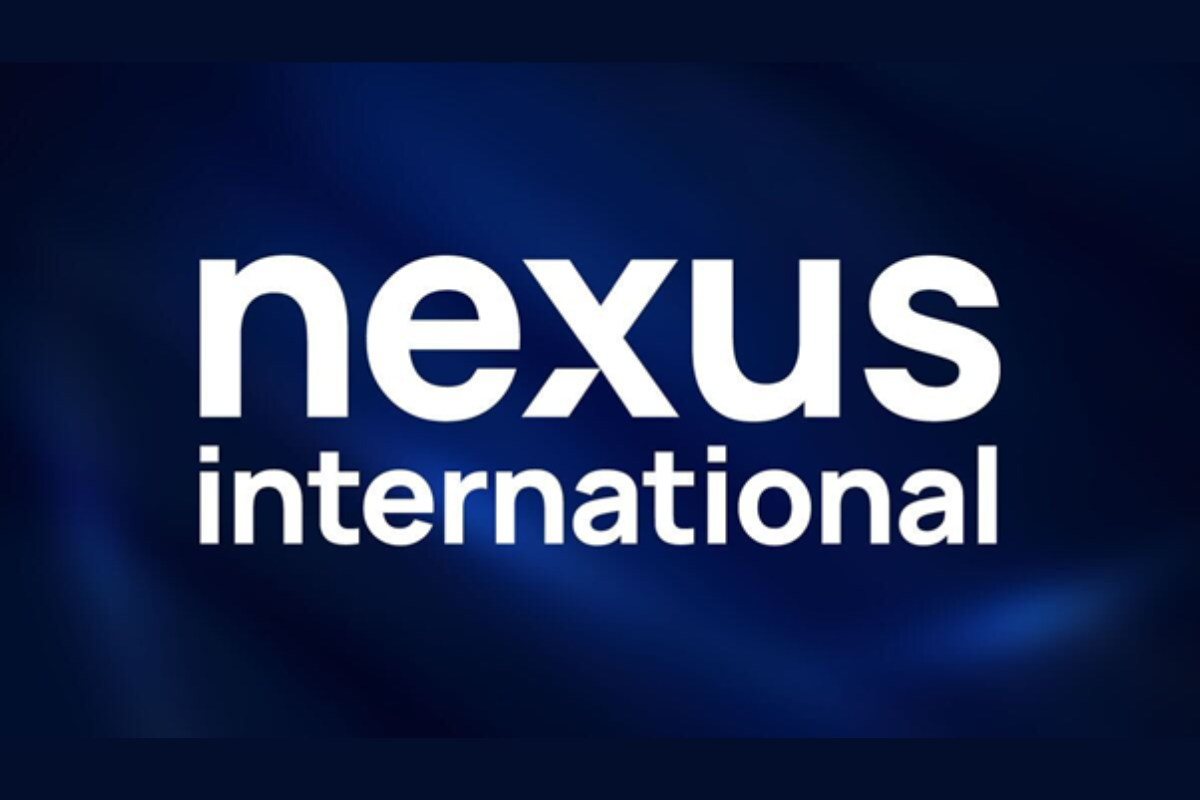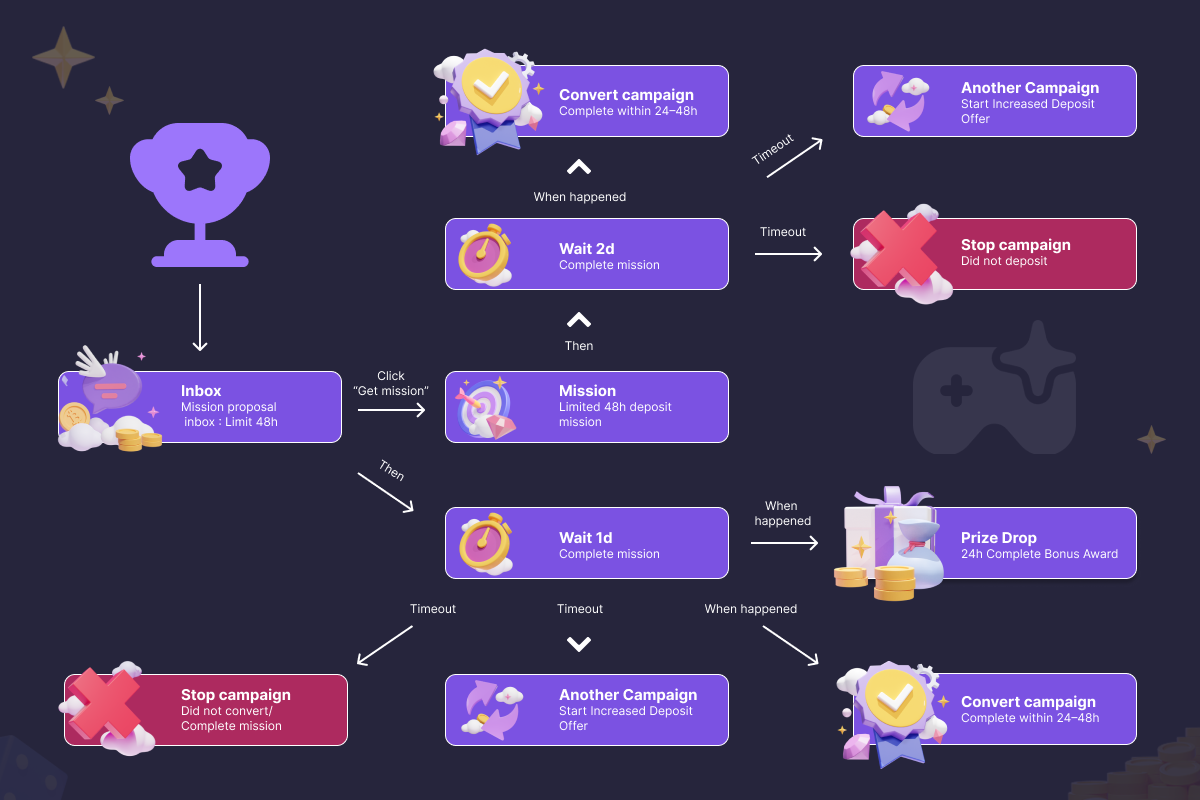Latest News
The Readiness Dividend: How High Value Players Power Nexus International’s $546M Half Year

In online gaming, the hardest customers to win are the ones who notice everything. High-value players do not care for slogans; they care that deposits clear on the first attempt, that withdrawals land when promised, and that limits, checks, and account reviews are handled with competence rather than ceremony. Nexus International’s rise has been quiet because its pitch is not theatrical. It is structural: be ready, be compliant, and make the money move without drama.
The mid-year ledger provides a simple proxy for whether that posture travels. Nexus posted $546 million in revenue across the first half of 2025, up 110% year on year. That figure does not crown a champion, but it does indicate that the company’s routines are starting to compound: fewer failed on-ramps, faster payouts, and a compliance spine that survives scrutiny while staying out of the user’s way.
Three labels carry the weight. Megaposta anchors Brazil under the country’s formalizing regime; Spartans targets crypto-comfortable, high-frequency users where permitted; Lanistar extends a mobile-first template across multiple jurisdictions. The brands look different from the front, but run on shared machinery at the back: payments orchestration, risk tooling, identity workflows, dispute handling, and ledgering. That common spine is where the edge emerges for demanding customers. Improvements propagate sideways, so when one brand tightens cash-out logic during volatile odds or reduces exceptions in payout queues, the others inherit the fix.
“Readiness” is often misread as speed. Nexus treats it as sequence. New markets follow the same order: licensing aligned to local rules; KYC flows tiered so legitimate users clear quickly; affordability and source-of-funds logic mapped to domestic thresholds; sanctions and adverse-media checks instrumented in the same orchestration layer that handles identity; payout liquidity modeled for weekends and spikes. Only then does acquisition ramp. For high-value users, that sequence matters more than the marketing calendar. The lasting differentiator is not a welcome bonus; it is the absence of friction in the tenth, fiftieth, and five-hundredth transaction.
Compliance, done properly, is not a set of pop-ups but a set of guarantees. Nexus renders those guarantees as code. Risk-based verification routes low-risk users down fast lanes while escalating signals that need a closer look; document re-checks are triggered predictably rather than arbitrarily; account reviews are timestamped and auditable. The point is not leniency; it is clarity. High-value players tolerate limits and checks when they are consistent, explainable, and quick. What they abandon is uncertainty, especially around funds out.
Payments design brings the promise into view. The company routes deposits and withdrawals over multiple rails, instant domestic transfers (e.g., PIX in Brazil), cards, e-wallets, and, where regulation permits, stablecoins. “Crypto-first” in this context means optionality, not ideology: a parallel pathway that reduces failed deposits when card acceptance wobbles and shortens time-to-payout during peak events. Crucially, the same KYC/AML and behavioral risk rules apply regardless of rail, which keeps auditors comfortable and avoids the two-tier experience that alienates valuable users.
Winning high-value cohorts is not merely a function of speed; it is also a function of restraint. Cash-out availability that persists under stress is worth more than a marginally shinier interface. Responsible-gaming controls that work, time-outs, limits, self-exclusion hooks, signal that the operator plans to be around when the season ends. Dispute handling with firm service-level guarantees reduces noise in VIP channels and lowers unit costs across the base. The lesson is prosaic: reliability scales better than spectacle.
Competition in Latin America is hardly idle. Bet365 brings deep oddsmaking, mature in-play experiences, and the governance to move quickly when rules settle. Betano’s early licensing wins in Brazil, combined with heavy acquisition spend, have set a fast pace. The U.S. majors, FanDuel, DraftKings, BetMGM, continue to professionalize retention and promotion mechanics that could spill into the region over time. Nexus cannot out-advertise any of them. Its answer has been to keep decision-making close to operators with P&L responsibility and to let shared services do the heavy lifting. When a regulator edits guidance, one brand adjusts its edge logic without forcing a rewrite everywhere else. When a payments partner changes posture, orchestration shifts flow without customer-visible drama.
There are risks to this approach. Regulation can change faster than engineering teams can, bank partners can tighten risk overnight, and the political temperature around crypto rails remains variable by jurisdiction. A self-funded model reduces external pressures but also limits the ability to buy share on sight. The mitigations are structural rather than rhetorical: ring-fence brands atop a common core; codify rules once, centrally; measure what matters to demanding users, KYC pass-through rates, minutes-to-payout at peak, audit exceptions per thousand transactions, dispute-resolution times, and move those numbers quarter by quarter.
The new regional office in São Paulo fits that logic without needing to headline it. Proximity lowers friction, local counsel in the room, vendor contracts handled in-country, support teams recruited from the same labor pool they serve, but does not alter the company’s basic calculus. Readiness first, visibility later.
What would indicate that Nexus is turning a quiet edge with high-value players into durable share? Look for three signals. First, time from regulatory clarity to go-live measured in weeks, not quarters, outside Brazil, evidence that “licensing as product work” travels. Second, cross-brand convergence on loyalty, support, and payout policies that push unit costs down as volumes rise. Third, peak-event stability: pricing that holds, cash-out that remains available, and withdrawals that stay liquid when traffic surges. These are not marketing metrics, but they are the ones that high-value users notice, and remember.
For now, the arithmetic is straightforward. A half-year at $546 million suggests the routines are working: the pipes hold, the audits pass, and the money moves on time. In a sector that often mistakes volume for velocity, Nexus has chosen a slower-burn advantage, readiness backed by rules. It is not loud. For the customers who count, it does not need to be.
-

 eSports8 hours ago
eSports8 hours agoTEAM VITALITY AND PARIS SAINT-GERMAIN ESPORTS ANNOUNCE EA FC COLLABORATION
-

 Africa7 days ago
Africa7 days agoRacing1 is exhibiting for the first time at the Grand Prix D’Afrique
-

 Asia7 days ago
Asia7 days agoTesla to showcase Model Y with NODWIN Gaming at the thrilling BGMS Season 4 Grand Finals
-

 Compliance Updates7 days ago
Compliance Updates7 days agoSOFTSWISS Compliance Expert Shares Knowledge on AML in iGaming for Sumsub Academy
-

 Latest News7 days ago
Latest News7 days agoÅland-Based Gaming Company Paf Becomes Main Partner of the Finnish Ski Association – One of the Most Significant Sponsorship Agreements in the Association’s History
-

 Latest News7 days ago
Latest News7 days agoKaizen Gaming data – FC Barcelona the fan favourite to win the Champions League
-

 Latest News7 days ago
Latest News7 days agoAnimo Studios debuts virtual hosts for live table games starting with Stake
-

 Latest News7 days ago
Latest News7 days agoWeek 37/2025 slot games releases

























